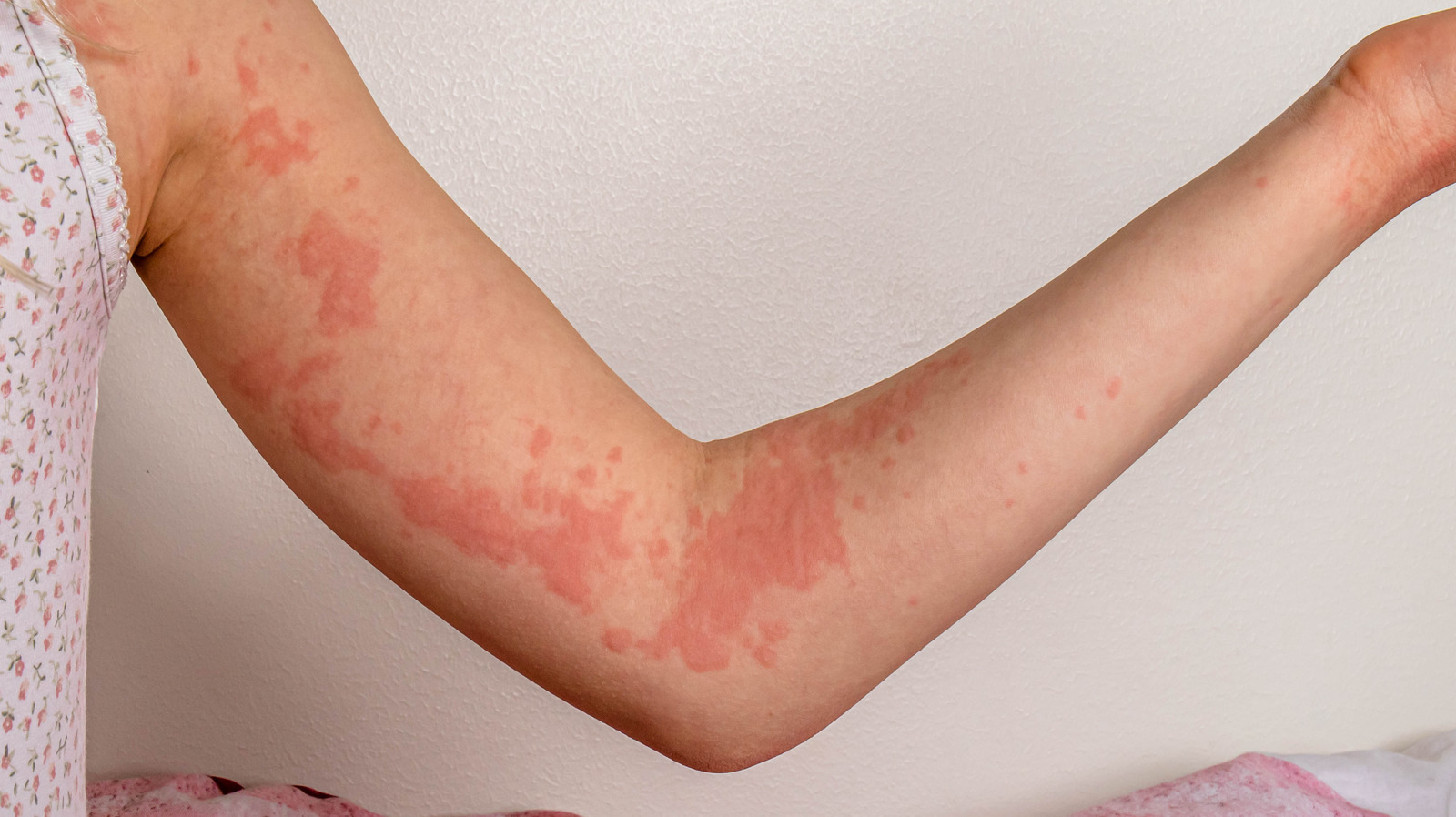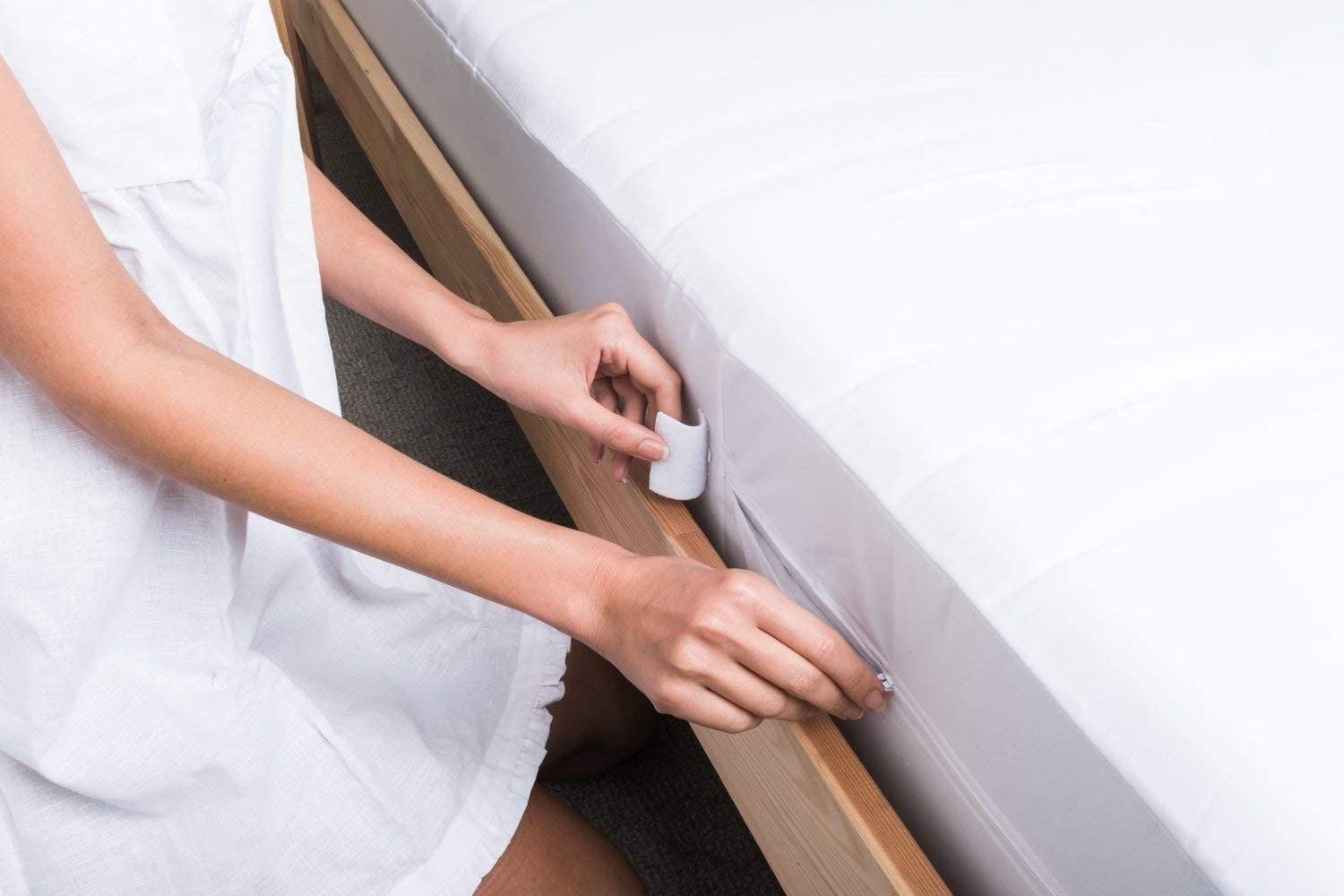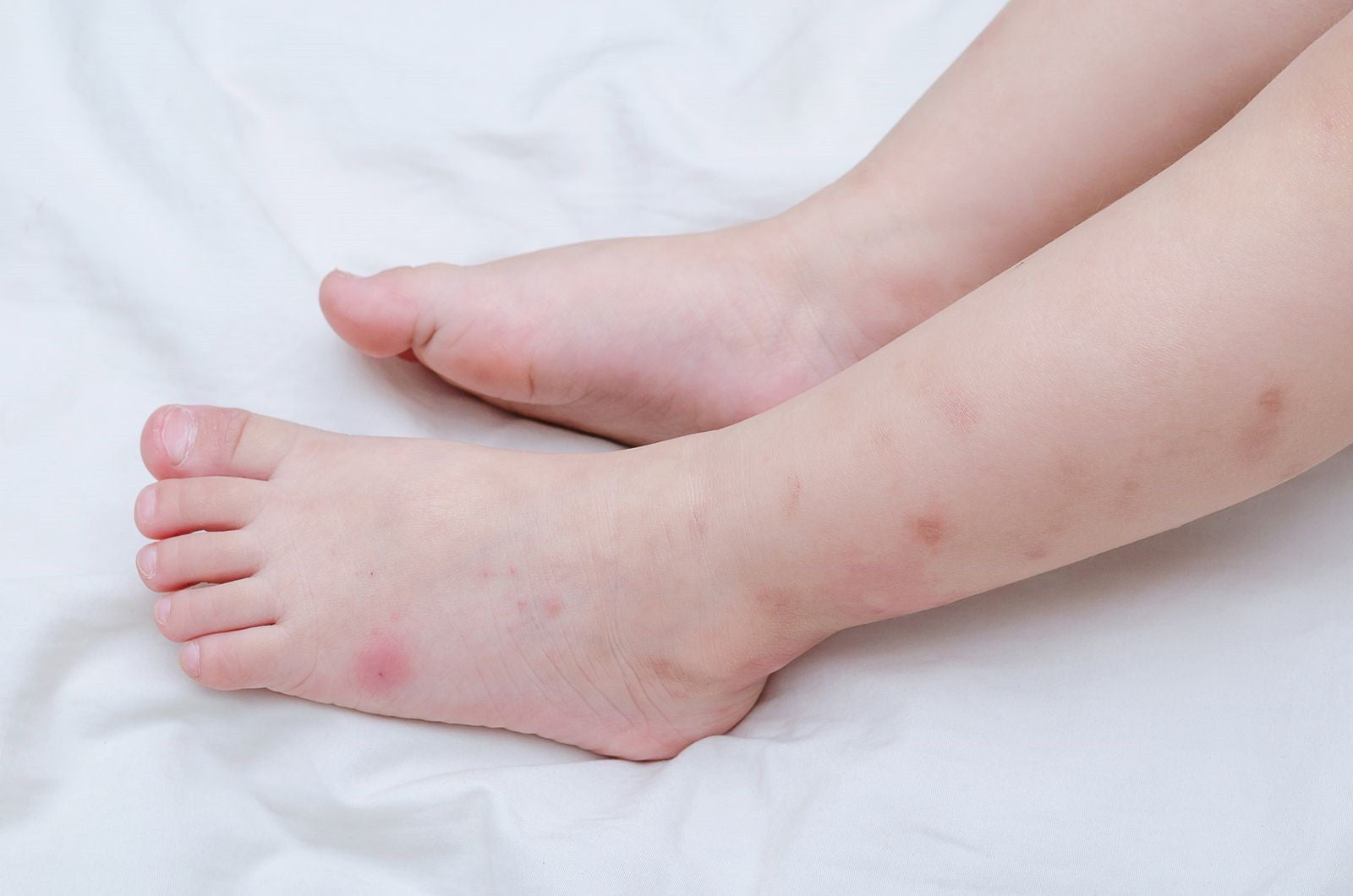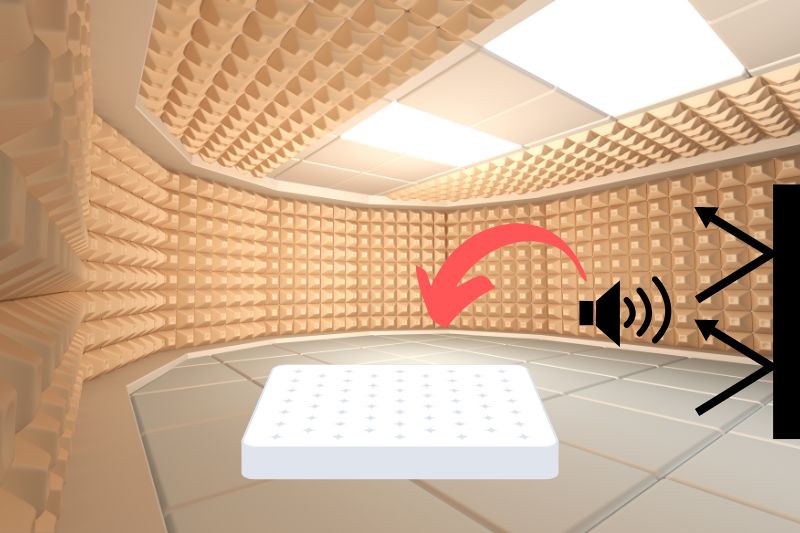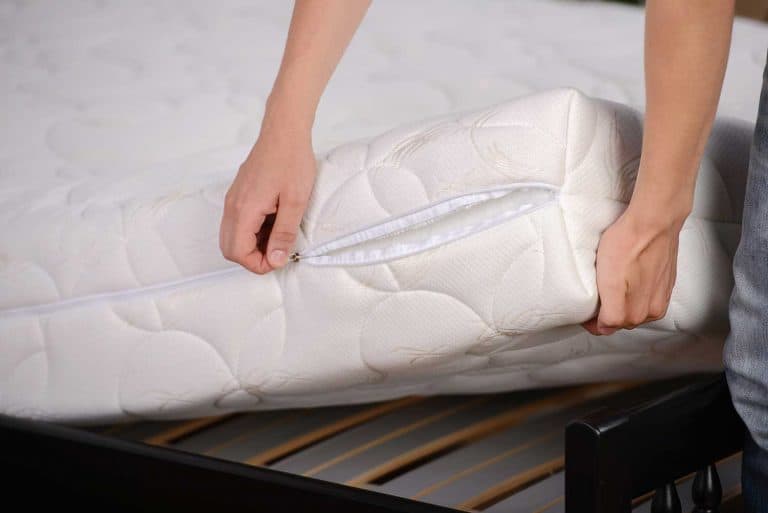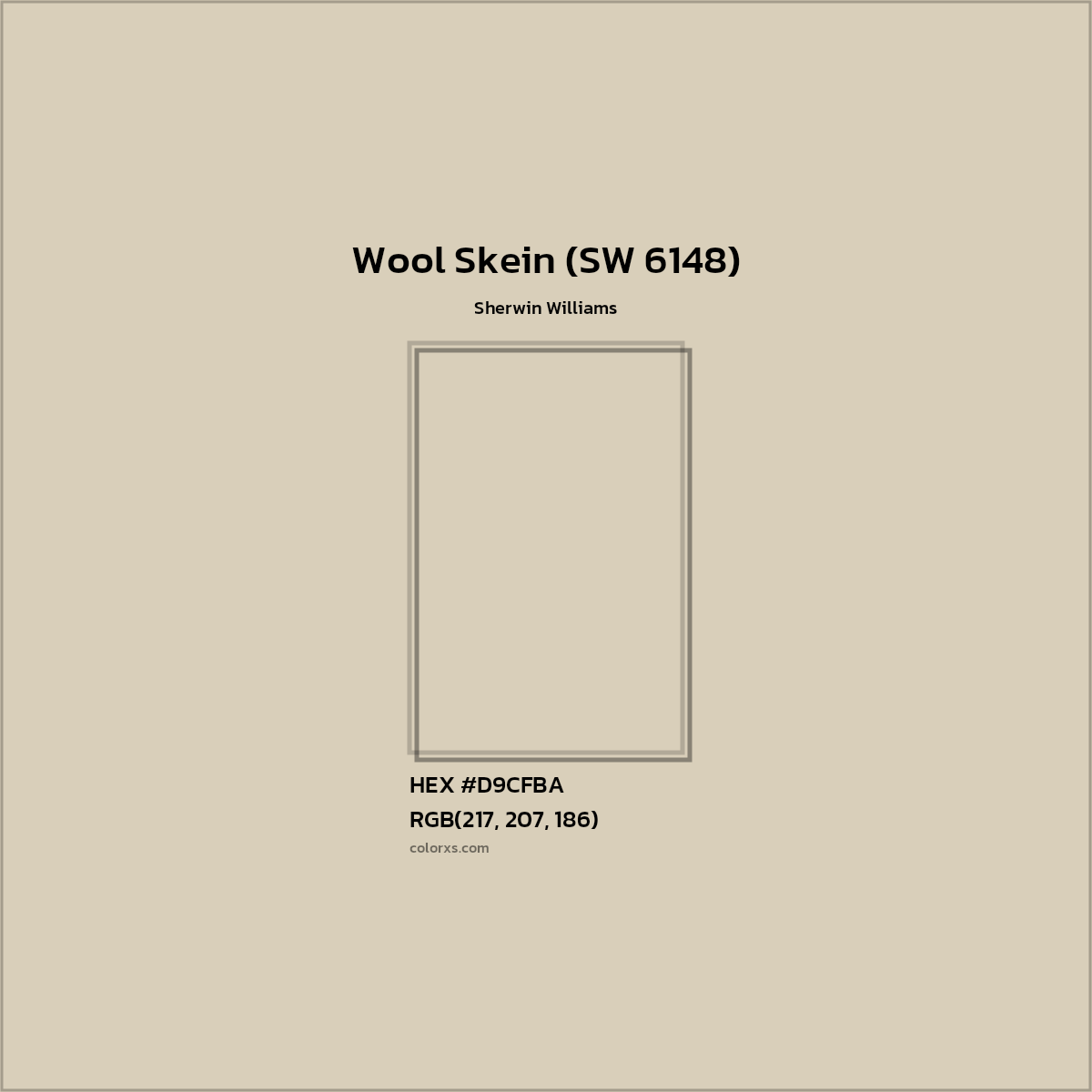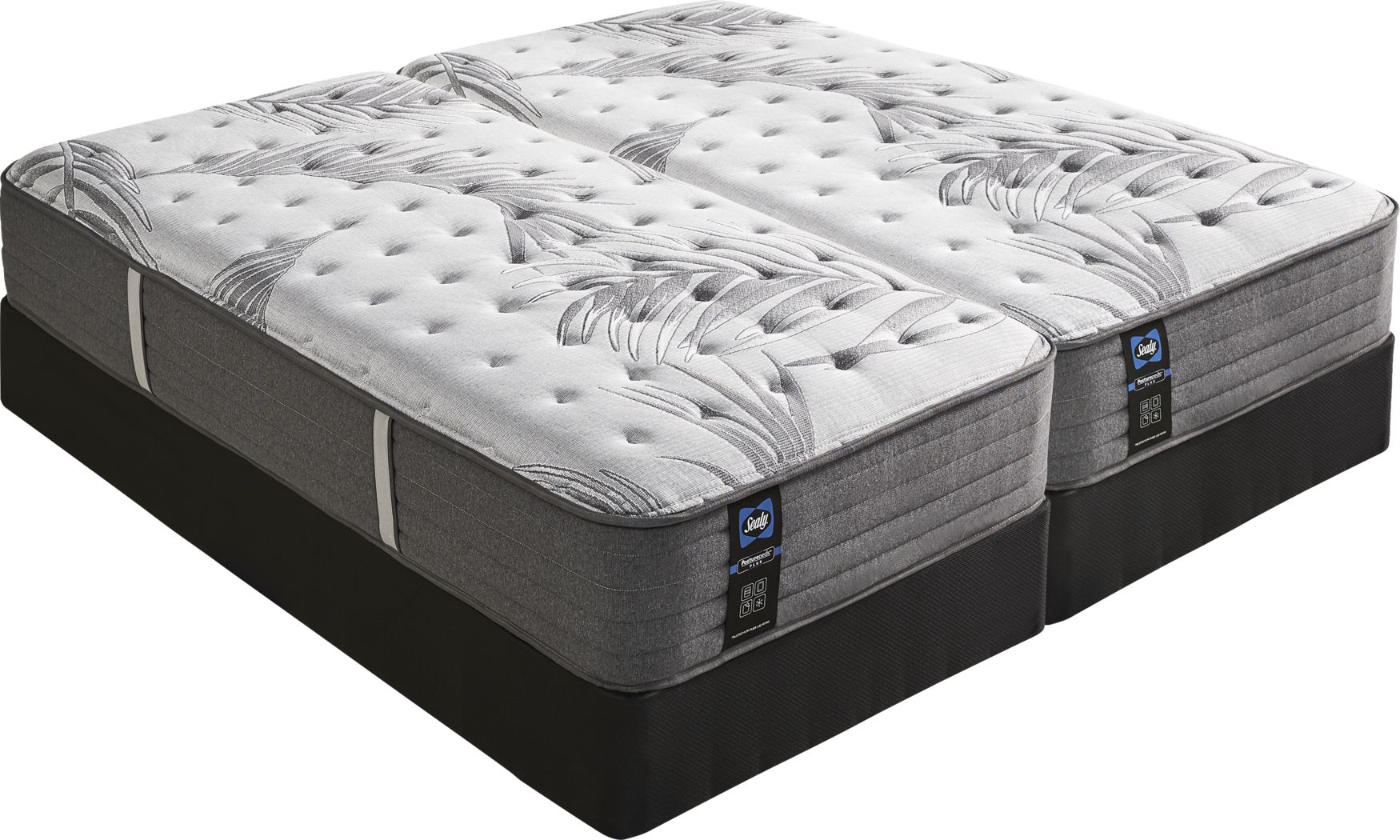If you've been experiencing unexplained sneezing, itching, or watery eyes, your mattress may be the culprit. While we often think of allergies as being triggered by things like pollen or pet dander, the reality is that your mattress could be causing your symptoms. In this article, we'll explore the question: can you be allergic to your mattress?Can You Be Allergic to Your Mattress?
Memory foam mattresses have become increasingly popular in recent years for their comfort and support. However, these mattresses are made from synthetic materials that can release volatile organic compounds (VOCs) into the air. These VOCs can trigger allergic reactions in some people, causing symptoms like coughing, wheezing, and difficulty breathing. If you suspect you may be allergic to your memory foam mattress, consider switching to a natural latex or organic cotton option.Can You Be Allergic to Memory Foam Mattresses?
Latex mattresses are a popular choice for those seeking a more eco-friendly option. However, some people may be allergic to latex, which is derived from the sap of rubber trees. Latex allergies can cause skin irritation, hives, and even anaphylaxis in severe cases. If you suspect you may be allergic to latex, consider opting for a different mattress material or choosing a latex mattress made from synthetic latex instead of natural latex.Can You Be Allergic to Latex Mattresses?
Dust mites are microscopic creatures that live in bedding, including mattresses. These tiny bugs feed on dead skin cells and can trigger allergic reactions in some people. If you are allergic to dust mites, you may experience symptoms like sneezing, runny nose, and itchy eyes. To reduce your exposure to dust mites, consider using a hypoallergenic mattress cover and regularly washing your bedding in hot water.Can You Be Allergic to Dust Mites in Your Mattress?
Many mattresses are treated with chemicals to make them flame retardant or to prevent the growth of mold and bacteria. However, these chemicals can off-gas and release harmful fumes into the air. For those with sensitivities, this can trigger allergic reactions and respiratory issues. Look for mattresses that are certified as low VOC or made with natural materials to avoid exposure to these chemicals.Can You Be Allergic to Mattress Chemicals?
Mattress covers are often used to protect against dust mites and other allergens. However, these covers can sometimes be made with synthetic materials that can irritate those with allergies or sensitivities. Look for mattress covers made with natural materials, such as organic cotton or bamboo, to avoid any potential reactions.Can You Be Allergic to Mattress Covers?
Mattress toppers are a popular way to add extra comfort and support to your bed. However, these toppers can sometimes be made with materials that can trigger allergic reactions. If you experience symptoms like sneezing, coughing, or skin irritation after adding a mattress topper, consider switching to a different material or opting for a hypoallergenic option.Can You Be Allergic to Mattress Toppers?
Similar to mattress covers, mattress protectors are often used to protect against allergens. However, some protectors may be made with synthetic materials that can cause allergic reactions. Consider choosing a protector made with natural materials or opting for a hypoallergenic option if you experience symptoms after using a mattress protector.Can You Be Allergic to Mattress Protectors?
The fabric used on your mattress can also contribute to allergies. Some materials, such as polyester or rayon, can irritate those with sensitivities. Look for mattresses made with natural fabrics, such as organic cotton or bamboo, to avoid any potential allergic reactions.Can You Be Allergic to Mattress Fabrics?
Foam mattresses, including memory foam and latex, can sometimes contain allergens that can trigger reactions in sensitive individuals. These allergens can come from the foam itself or from the chemicals used to make the foam. If you experience symptoms like coughing, sneezing, or skin irritation after using a foam mattress, consider switching to a different material or choosing a hypoallergenic option. In conclusion, the answer to the question "can you be allergic to your mattress?" is yes. Your mattress can contain allergens from a variety of sources, including materials, chemicals, and dust mites. If you experience symptoms of allergies, consider switching to a hypoallergenic mattress or using natural materials to reduce your exposure to potential triggers.Can You Be Allergic to Mattress Foam?
The Connection Between Allergies and Your Mattress
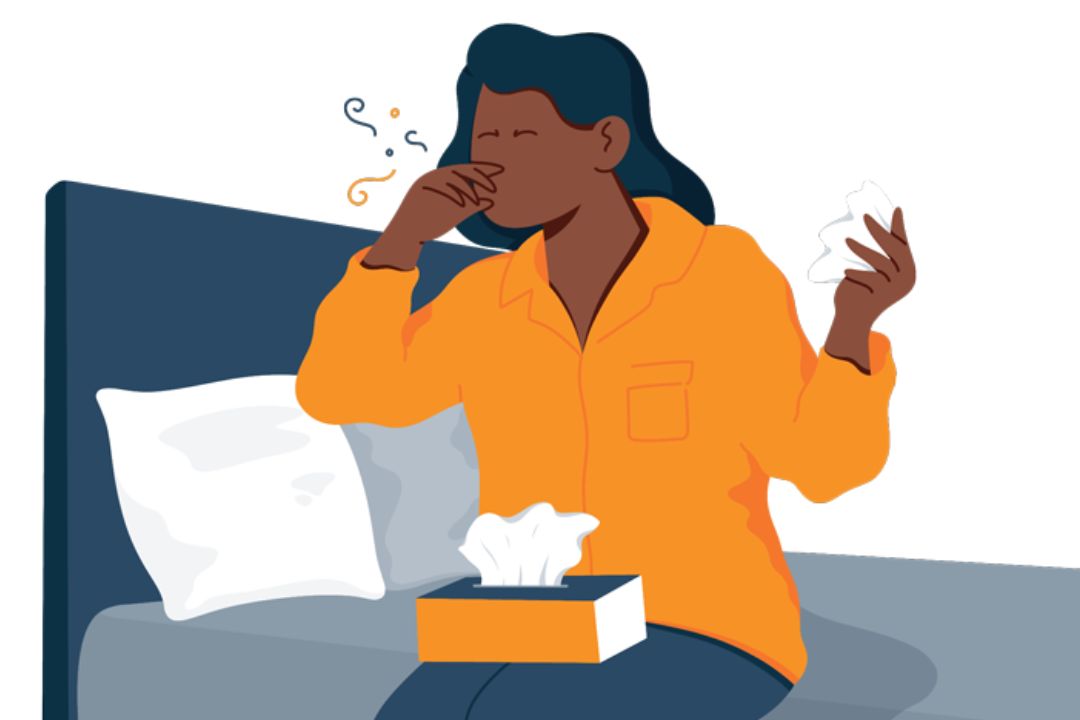
Understanding Allergies and Their Triggers
 Allergies are a common occurrence in today's world, affecting millions of people around the globe. They can be triggered by various substances and can manifest in different ways, such as sneezing, itching, or hives. Allergies occur when our immune system overreacts to a foreign substance, also known as an allergen. These allergens can be found in the air, food, and even in our own homes. And one surprising place where allergens can lurk is in our mattresses.
Allergies are a common occurrence in today's world, affecting millions of people around the globe. They can be triggered by various substances and can manifest in different ways, such as sneezing, itching, or hives. Allergies occur when our immune system overreacts to a foreign substance, also known as an allergen. These allergens can be found in the air, food, and even in our own homes. And one surprising place where allergens can lurk is in our mattresses.
The Role of Mattresses in Allergic Reactions
 Mattresses are an essential part of our daily lives, providing us with much-needed rest and comfort. However, they can also be a haven for allergens, especially if not properly maintained. Dust mites, pet dander, and mold are some of the common allergens that can be found in mattresses. These microscopic organisms thrive in warm and humid environments, making our mattresses the perfect breeding ground for them. And since we spend hours every day in close contact with our mattresses, it's no wonder that they can trigger allergic reactions.
Mattresses are an essential part of our daily lives, providing us with much-needed rest and comfort. However, they can also be a haven for allergens, especially if not properly maintained. Dust mites, pet dander, and mold are some of the common allergens that can be found in mattresses. These microscopic organisms thrive in warm and humid environments, making our mattresses the perfect breeding ground for them. And since we spend hours every day in close contact with our mattresses, it's no wonder that they can trigger allergic reactions.
Can You Be Allergic to Your Mattress?
 The short answer is yes. If you have allergies, your mattress may be contributing to your symptoms. Dust mites, in particular, are a major cause of allergies and can be found in almost every home. These tiny creatures feed on dead skin cells and thrive in warm and humid environments, such as our mattresses. Their waste products contain a protein that can trigger allergic reactions in sensitive individuals. Additionally, mold can also grow in mattresses that are not properly maintained, especially if there is moisture present. Breathing in mold spores can cause respiratory issues and trigger allergies.
The short answer is yes. If you have allergies, your mattress may be contributing to your symptoms. Dust mites, in particular, are a major cause of allergies and can be found in almost every home. These tiny creatures feed on dead skin cells and thrive in warm and humid environments, such as our mattresses. Their waste products contain a protein that can trigger allergic reactions in sensitive individuals. Additionally, mold can also grow in mattresses that are not properly maintained, especially if there is moisture present. Breathing in mold spores can cause respiratory issues and trigger allergies.
Preventing Allergies Caused by Your Mattress
 While it may seem like an impossible task to completely rid your mattress of allergens, there are steps you can take to minimize their presence and prevent allergic reactions. Regularly washing your bedding in hot water can help kill dust mites and remove their waste products. Using hypoallergenic mattress and pillow covers can also act as a barrier between you and any allergens present in your mattress. It's also recommended to vacuum and flip your mattress regularly to remove any dust or debris that may have accumulated.
In conclusion, while mattresses are not typically thought of as a common trigger for allergies, they can indeed contribute to allergic reactions. Taking proper care of your mattress and taking preventative measures can help minimize the presence of allergens and provide you with a better night's sleep. So the next time you experience unexplained allergies, consider the state of your mattress and take the necessary steps to keep it clean and allergen-free.
While it may seem like an impossible task to completely rid your mattress of allergens, there are steps you can take to minimize their presence and prevent allergic reactions. Regularly washing your bedding in hot water can help kill dust mites and remove their waste products. Using hypoallergenic mattress and pillow covers can also act as a barrier between you and any allergens present in your mattress. It's also recommended to vacuum and flip your mattress regularly to remove any dust or debris that may have accumulated.
In conclusion, while mattresses are not typically thought of as a common trigger for allergies, they can indeed contribute to allergic reactions. Taking proper care of your mattress and taking preventative measures can help minimize the presence of allergens and provide you with a better night's sleep. So the next time you experience unexplained allergies, consider the state of your mattress and take the necessary steps to keep it clean and allergen-free.





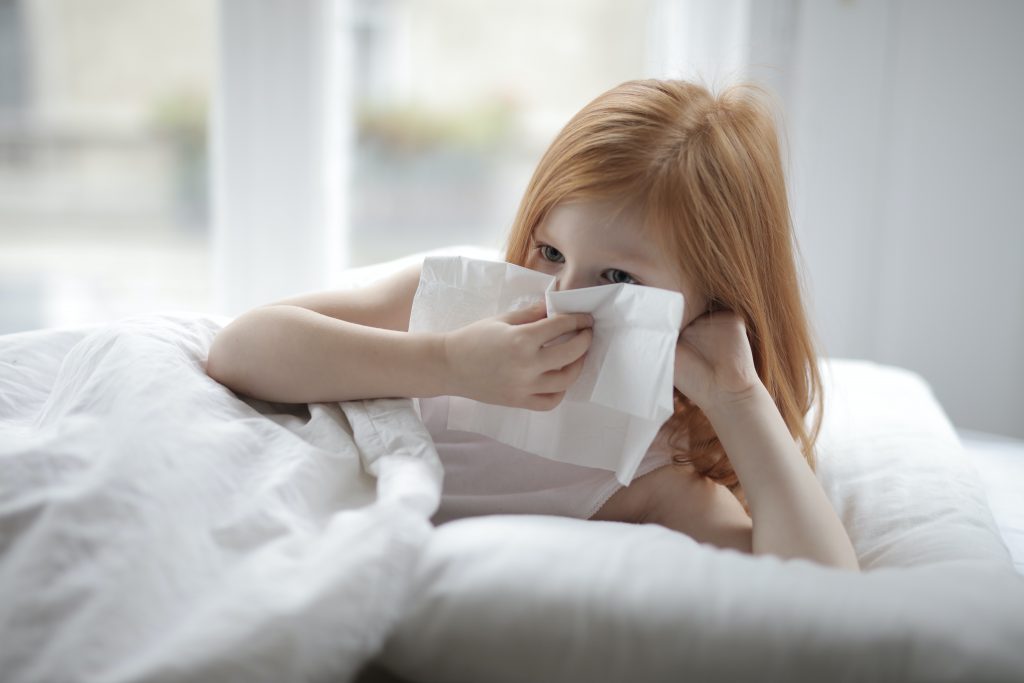





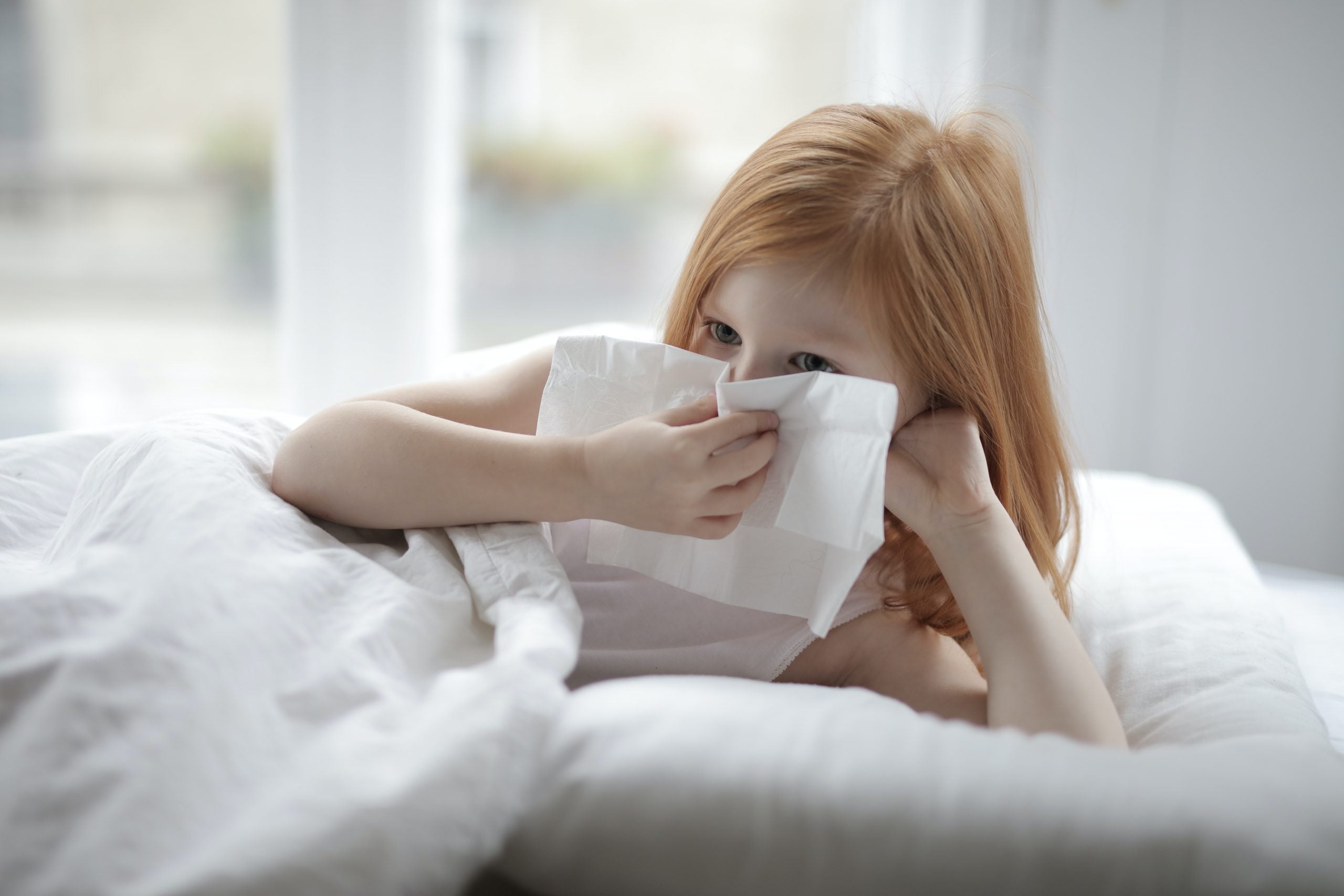



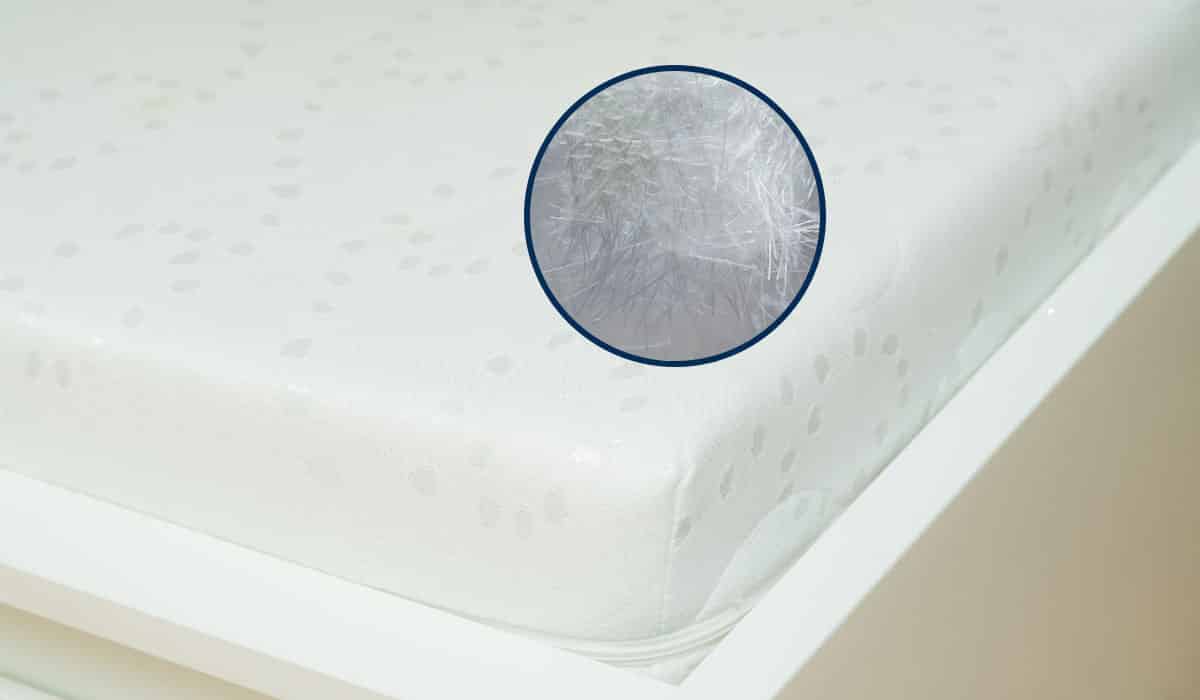




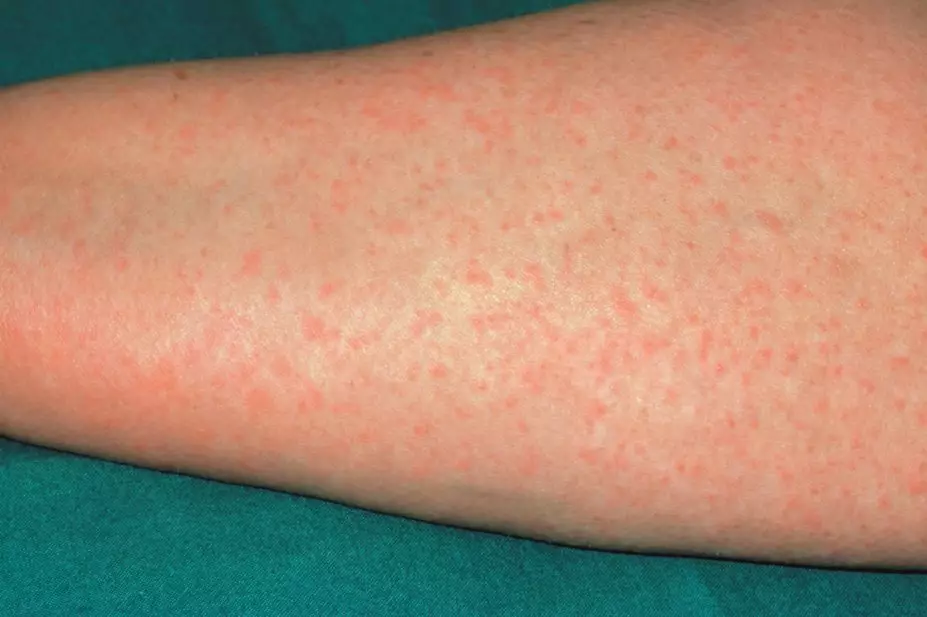
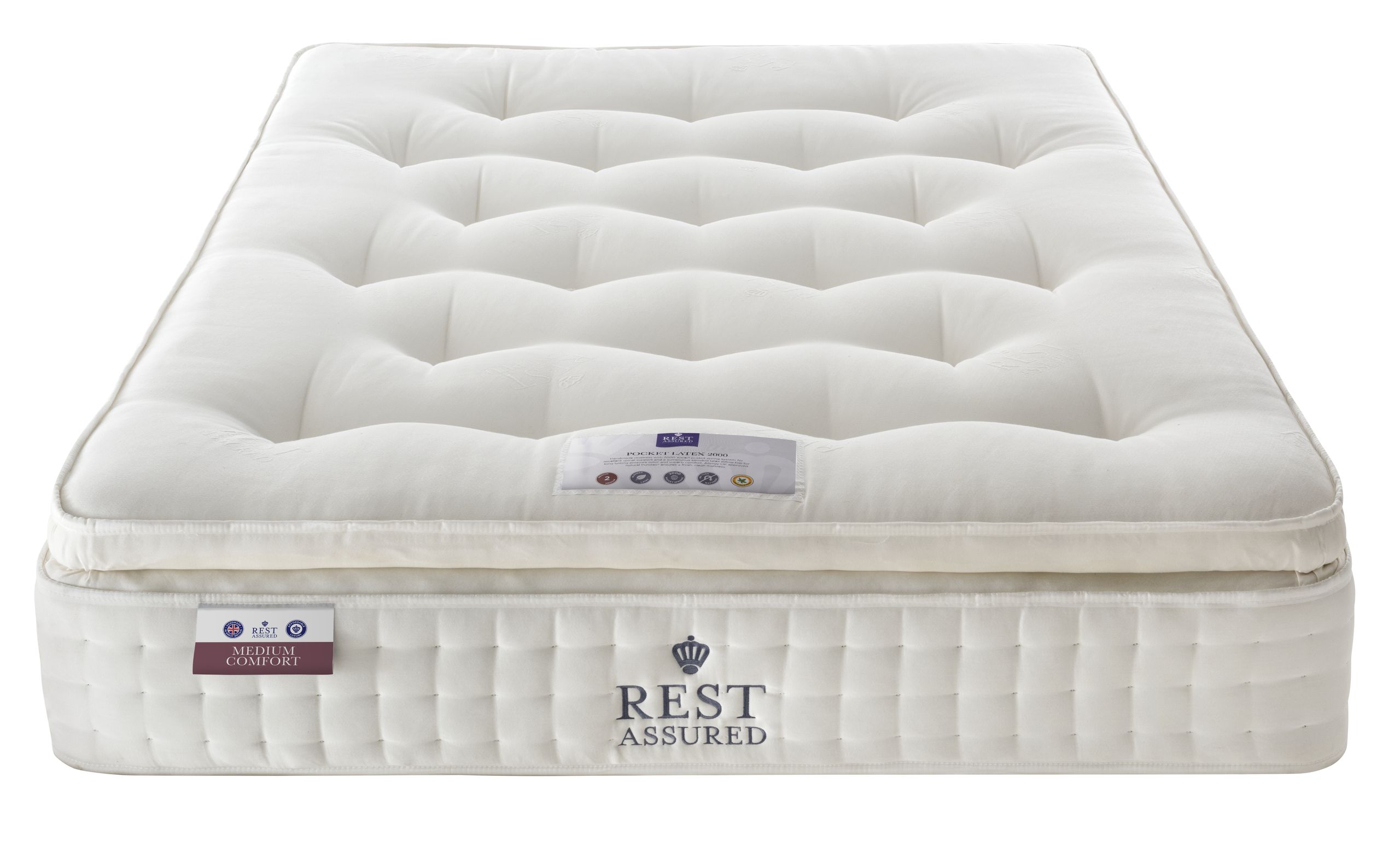
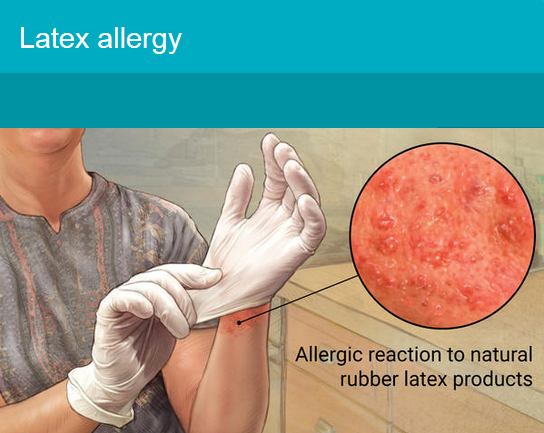
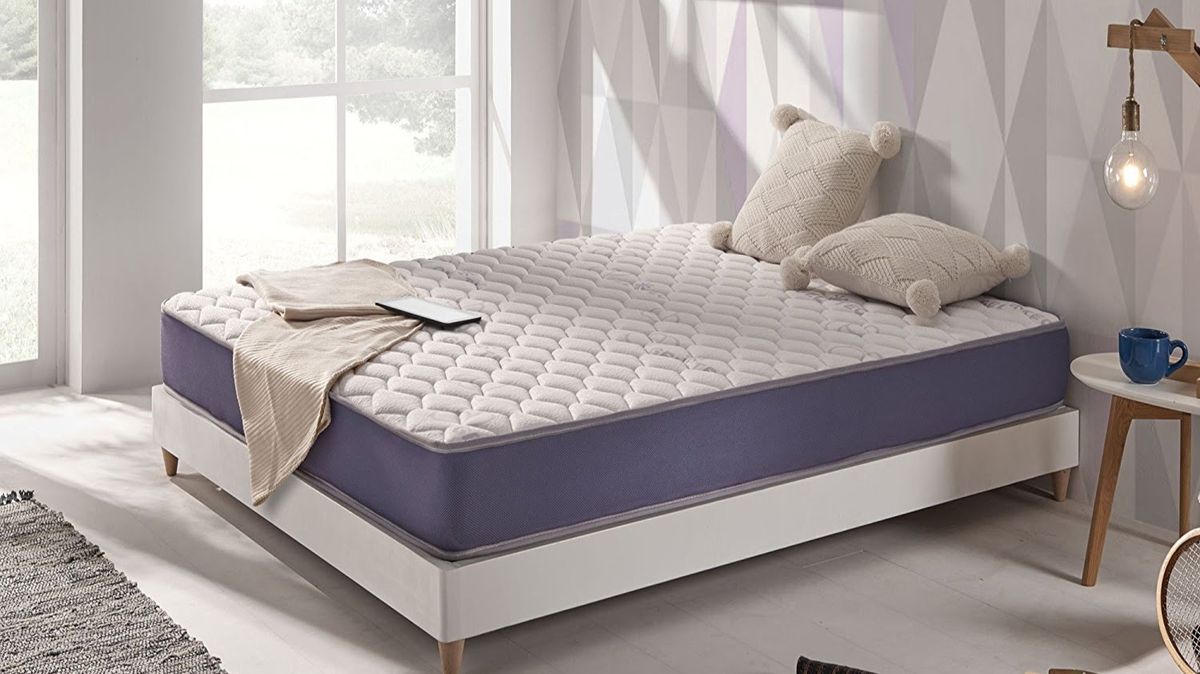

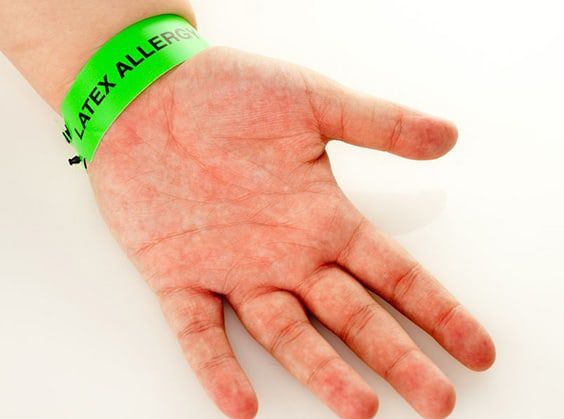


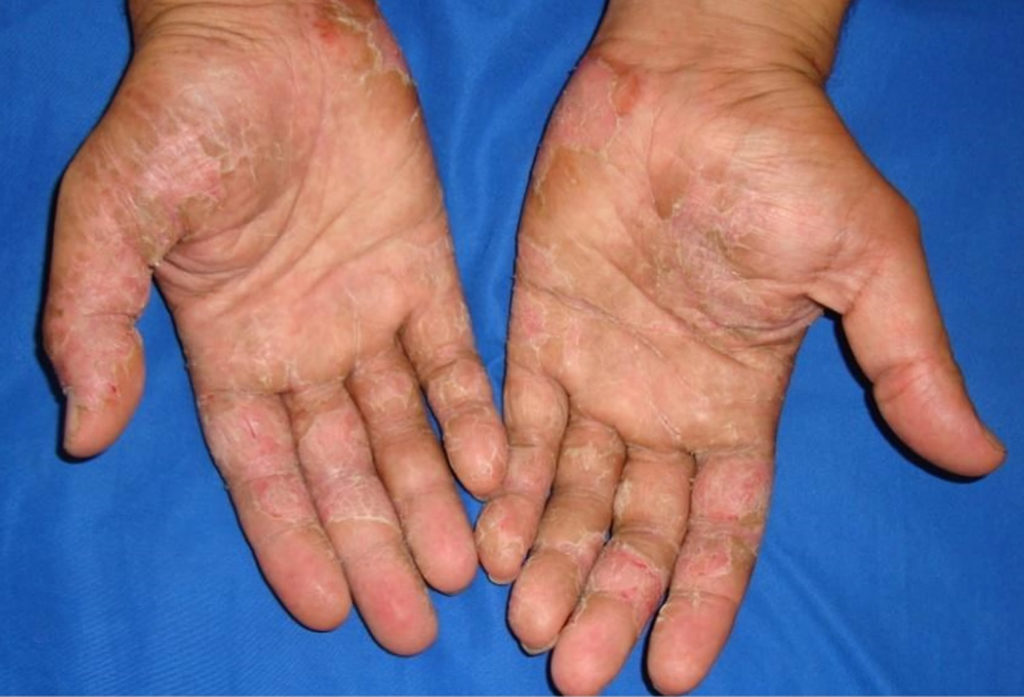

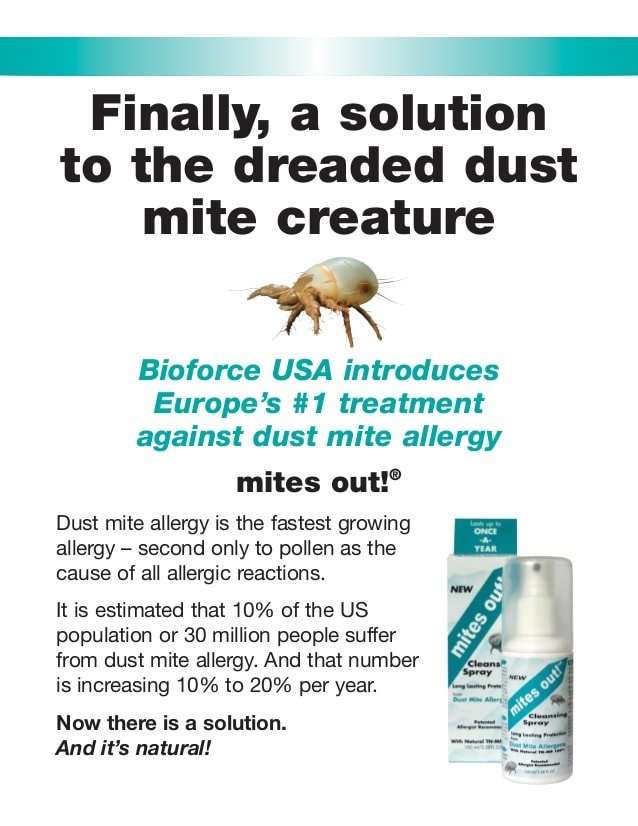


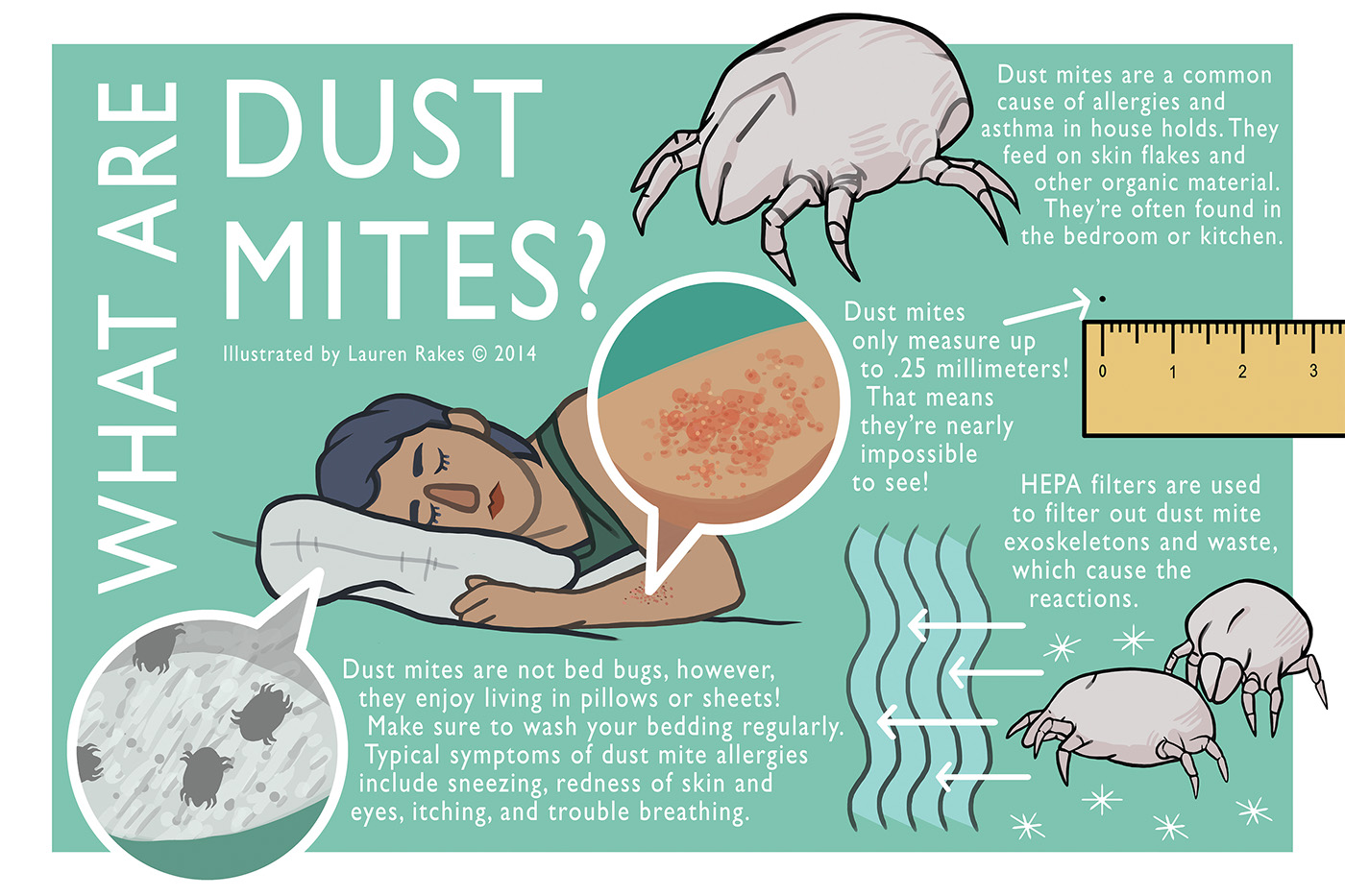




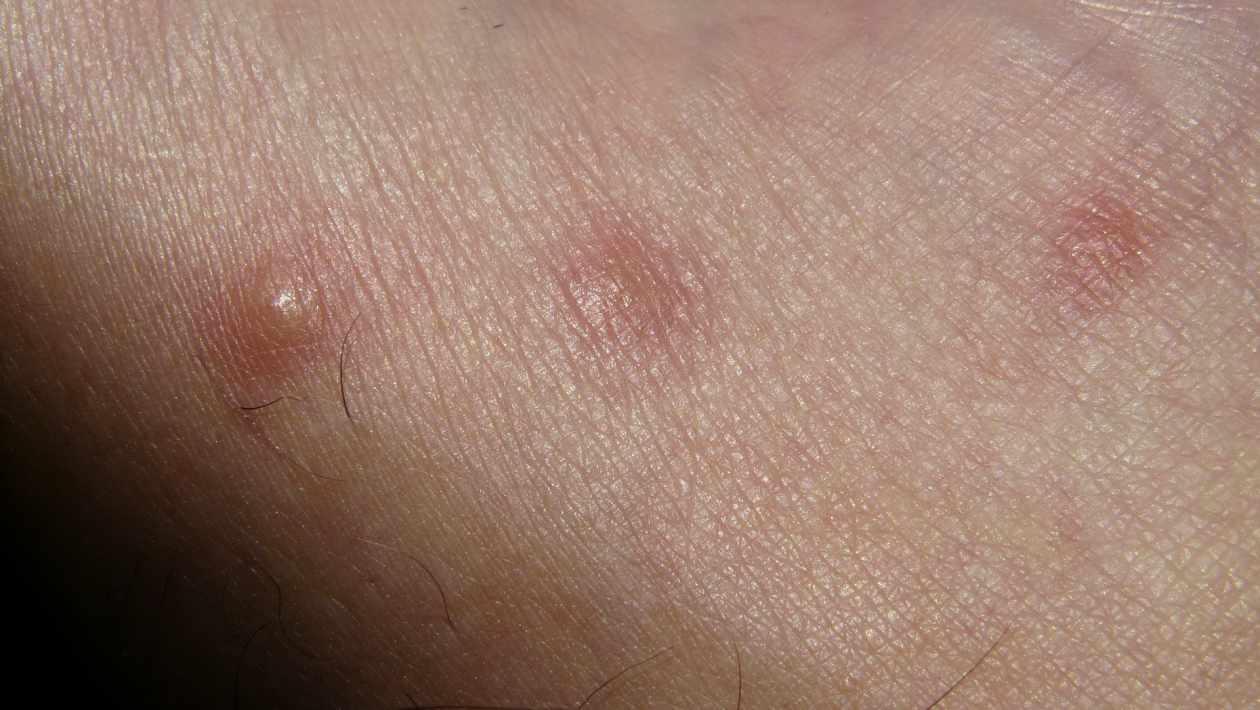
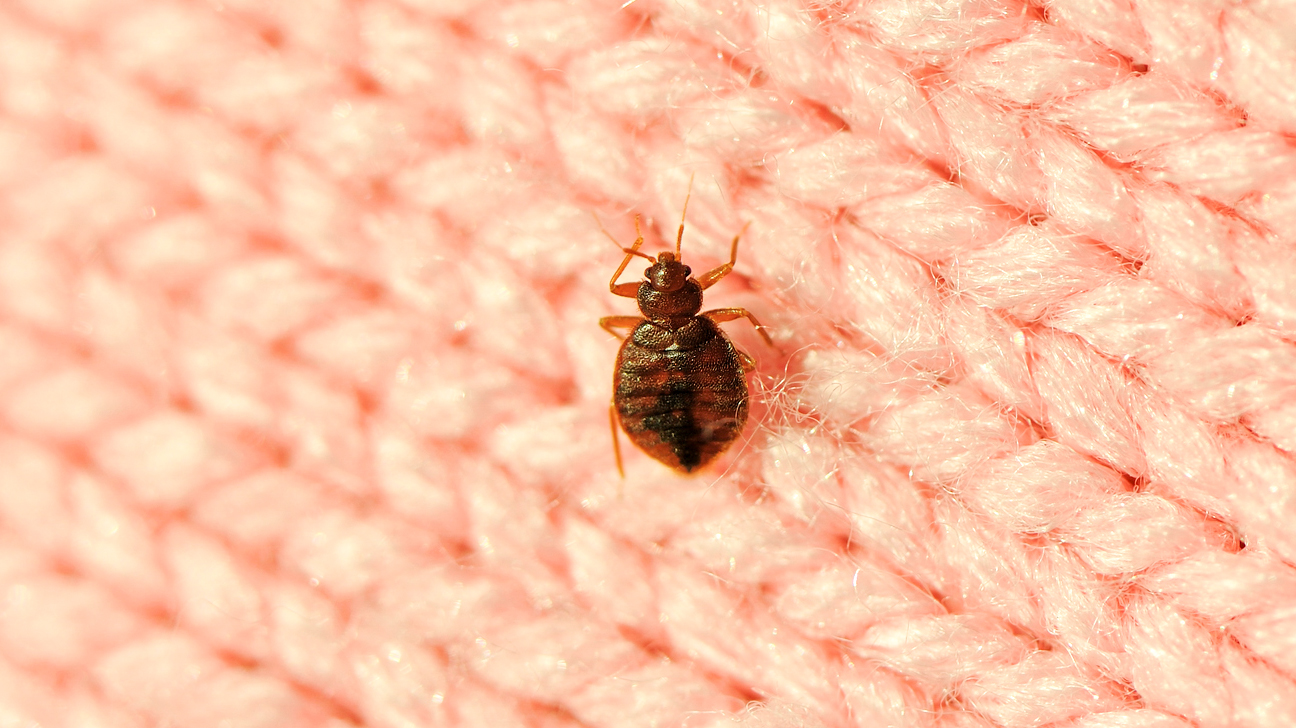
.png?sfvrsn=5c0b9a94_2)



